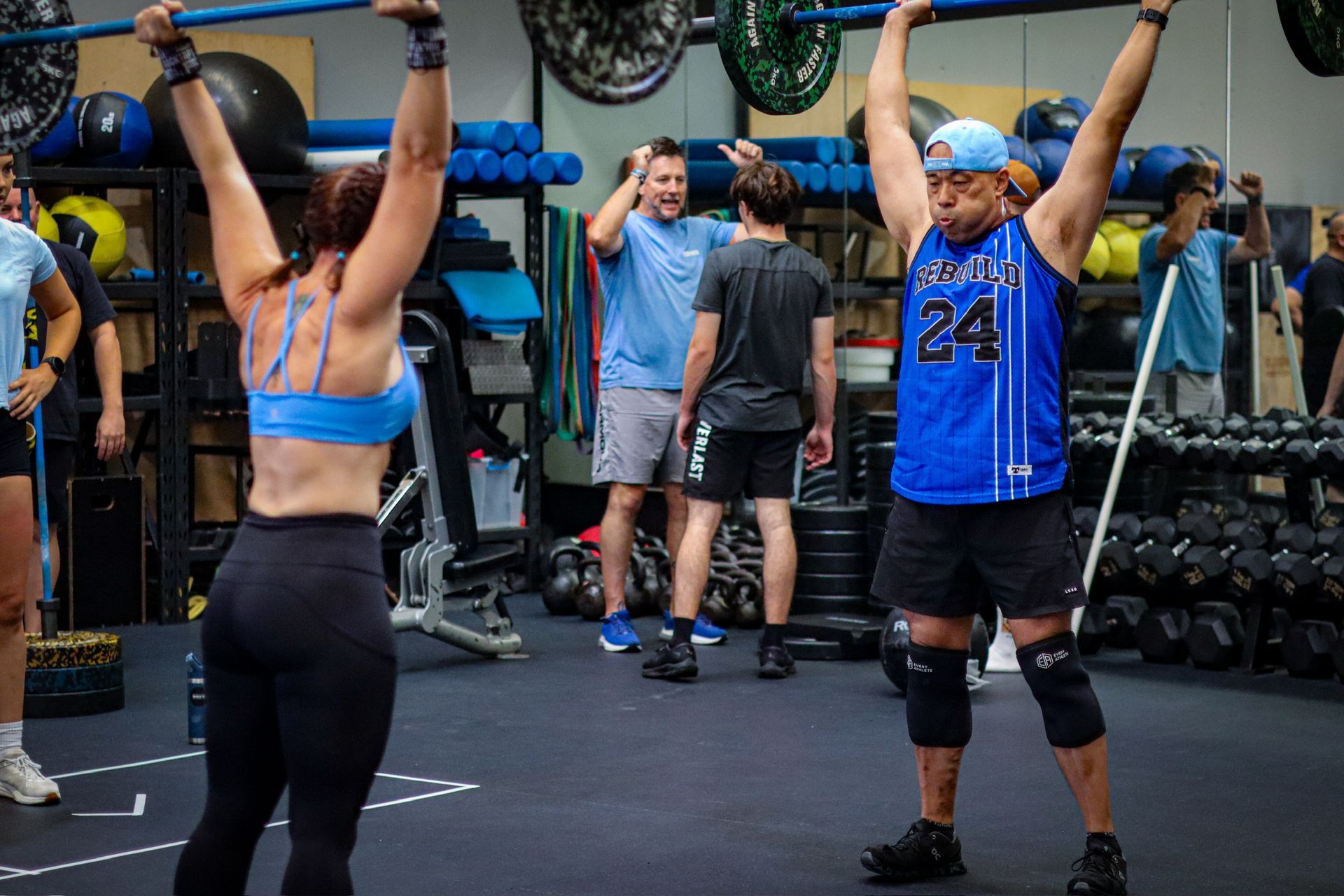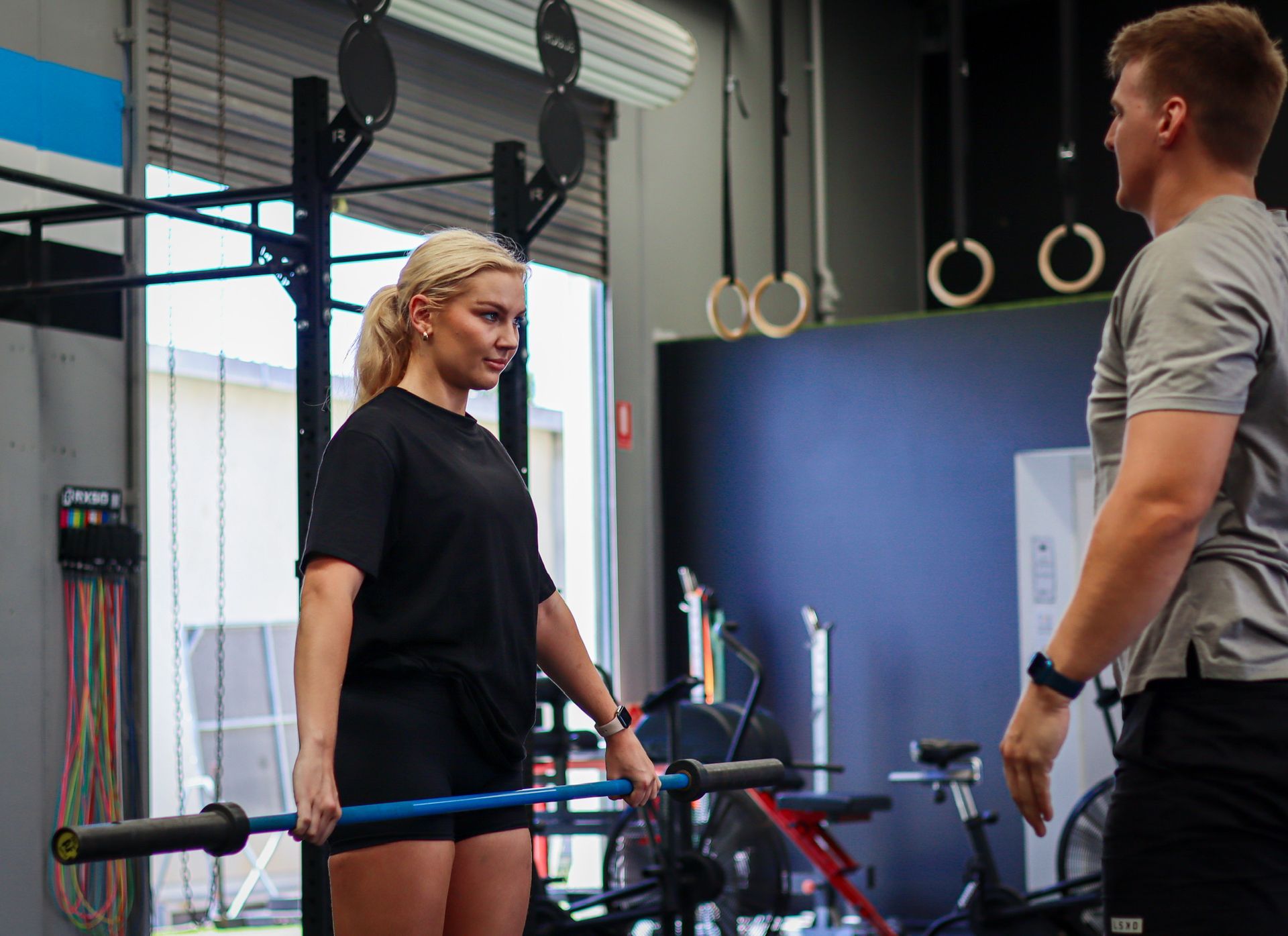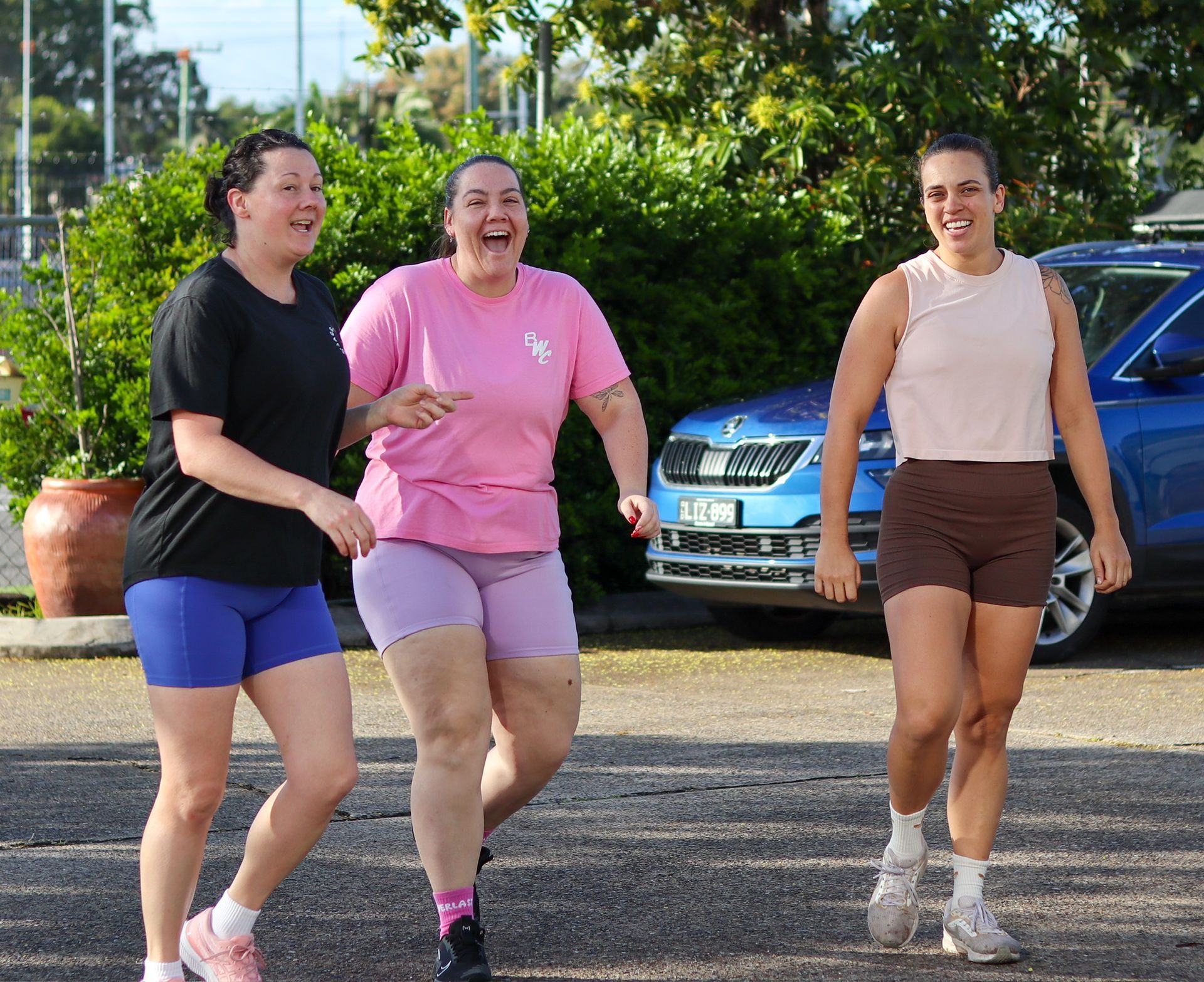Body Positivity And What We Can Do To Improve It
How you speak about yourself matters. How you speak to yourself matters. It’s an emphasis Sky Elizabeth places on teaching her clients, as a nutritionist and coach.This week’s episode of the Rebuild Health and Fitness podcast discusses the importance of embracing yourself, body image issues and how you can improve the way you look and feel about yourself. What is body positivity? Body positivity is appreciating your body’s function, Sky explains. “Getting people to appreciate, respect, and accept their bodies for what they are and as they are. It’s to appreciate your body more for its functions and activities, rather than simply what it looks like.”But this is easier said than done. For most people, accepting themselves becomes difficult for a number of reasons; either they can’t lose or gain weight due to medical conditions, or they’re constantly being told what they need to look like, maybe they’re following the wrong routine in hopes of achieving their desired body type. How to be more positive about your bodySky shares how she tackles these issues with some of her clients. She believes while it’s important to identify and address where they’re going wrong in terms of their workout regime, it’s equally important to teach them to speak words of kindness to themselves.Sky says: “I think it comes from that the first conversation that you have with them, you can pretty much tell by the kind of things that people are already engaging with, the way that they speak about themselves, whether they're in quite a bad place and the language they use towards themselves. They're in a place where they're willing to do anything and not really thinking about the impact it's going to have on their health.”Sky says it’s not about fads or just telling people to celebrate their bodies in a trivial way. “I'm not really that type of person that says, 'Oh love yourself.' I'm not about that because you can't just go from, ‘I hate myself’ to ‘I'm the best.’ That's not how it works. The focus is getting them to focus on healthy habits, on building better habits, knowing weight loss comes from that and getting them to change how they speak for themselves,” she adds.The importance of having a healthy relationship with your bodyThe need to love and appreciate your body is incredibly important, not just for your own mental health, but also because the absence of body positivity leads to a negative impact over your social life, your relationships and even your professional life. It affects your confidence and makes you underestimate what your true worth is. “I think we always think that body image is just the way we look, and it's not - it's about the way that we think, the way that we feel, the way that we talk about how we look, how we perceive how we look, and this affects everybody. It affects your work, relationships, and confidence.”View this post on InstagramA post shared by Rebuild Health and Fitness (@rebuildhealthandfitness) She continues, “There was one study that looked at women and speaking up at work and it found that 7 in 10 women across the globe are not being assertive in their opinion of sticking to the decision when they don't feel good about the body. Imagine that in a meeting room, just because you don't have a healthy body, if you're having a bad body image day, you then just doubt everything that you're saying, that to me is mental.” “I say to my client, the goal is never the perfect body image. You're never going to have an amazing view of yourself all of the time. It's going to be on a sliding scale. You're going to go up and down all the time. What you're trying to do is have these bad body image days and not feel the need to act on them, to just acknowledge them.” Sky also shared some ways in which you can slowly learn to embrace yourself and be confident in your skin, and a word of advice to those who comment on people’s appearances. “It’s important you reduce the frequency of how much you check your body, how much you look in the mirror, how much you fixate on checking yourself, whether it's weighing or measurements, that will definitely help. And again, something I always say, the way to kind of cultivate a more positive body image is to stop putting so much onus on what you look like as who you are. Think about the things that you bring to the table or the things that you have going on that aren’t just about the way that you look,” says Sky. She adds: “I think it's just reminding people that you don't know the environment that has caused that change in body, you don't know that this person is not chronically ill, you don't know that this person has gone through some really traumatic, stressful events. You don't know that this person needs to gain weight like me to get their health back. So, I think it's just reminding people to have that lens on when they comment on someone's appearance, and if we can, then just don't make any sort of comment.”Tune in to the full podcast on Apple or Spotify, or listen below.
Previous Blogs




